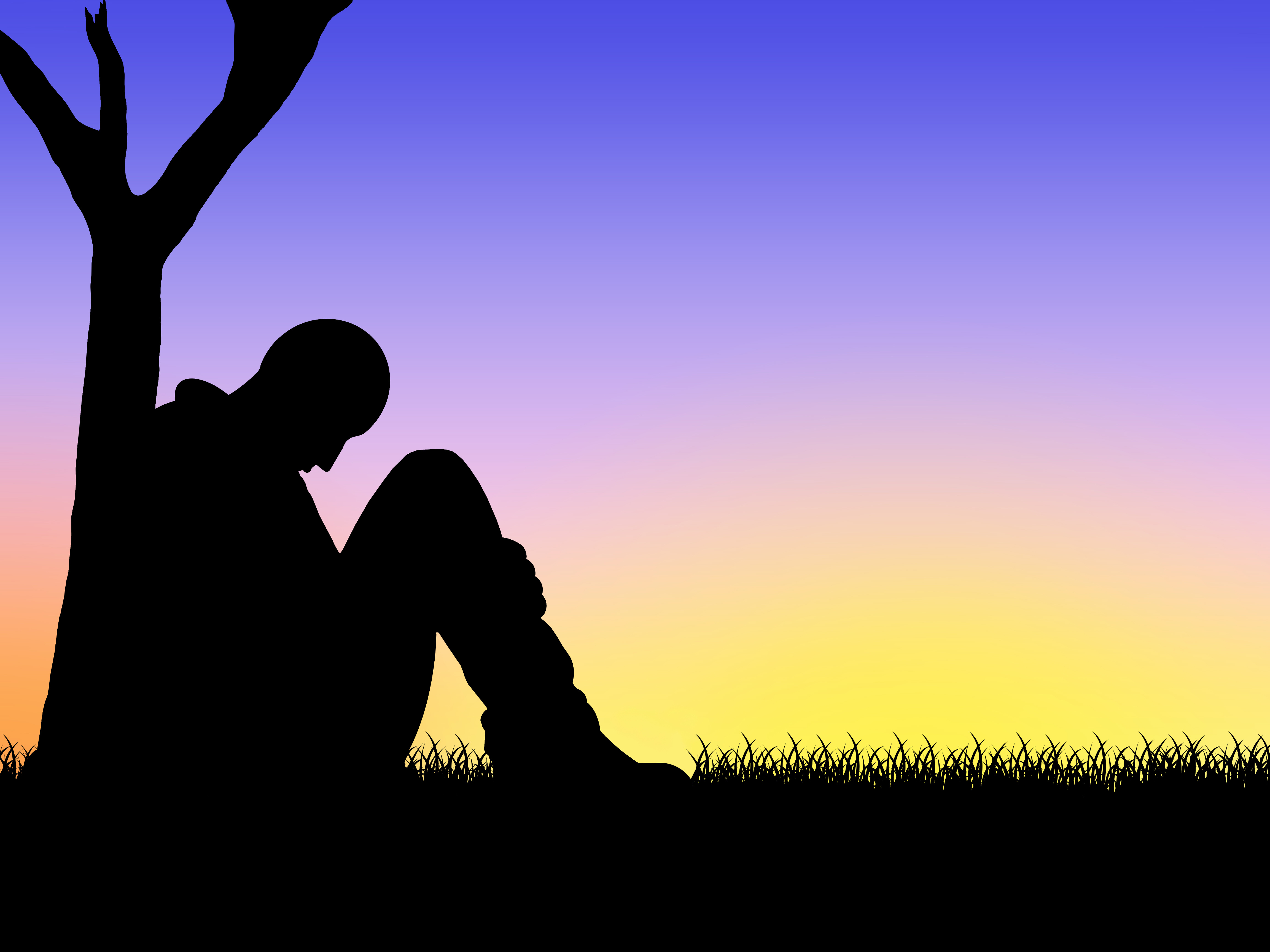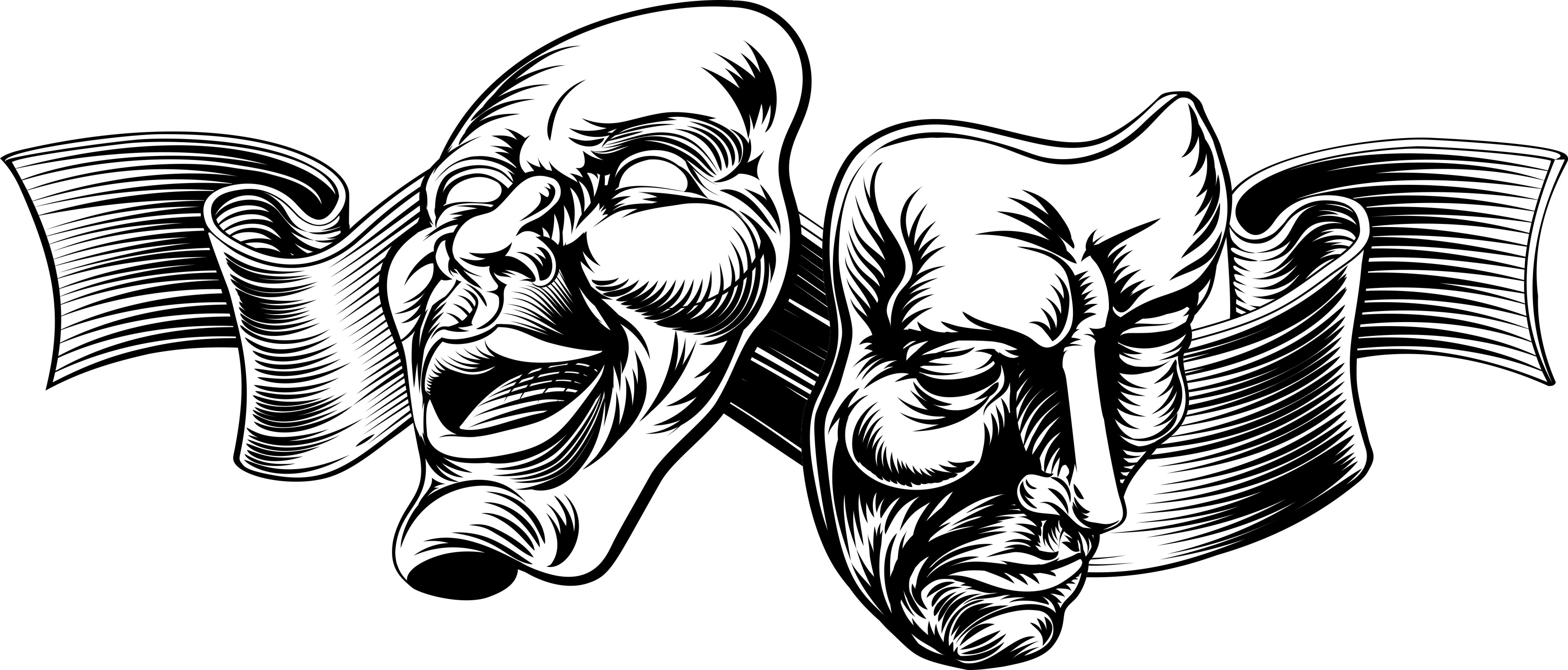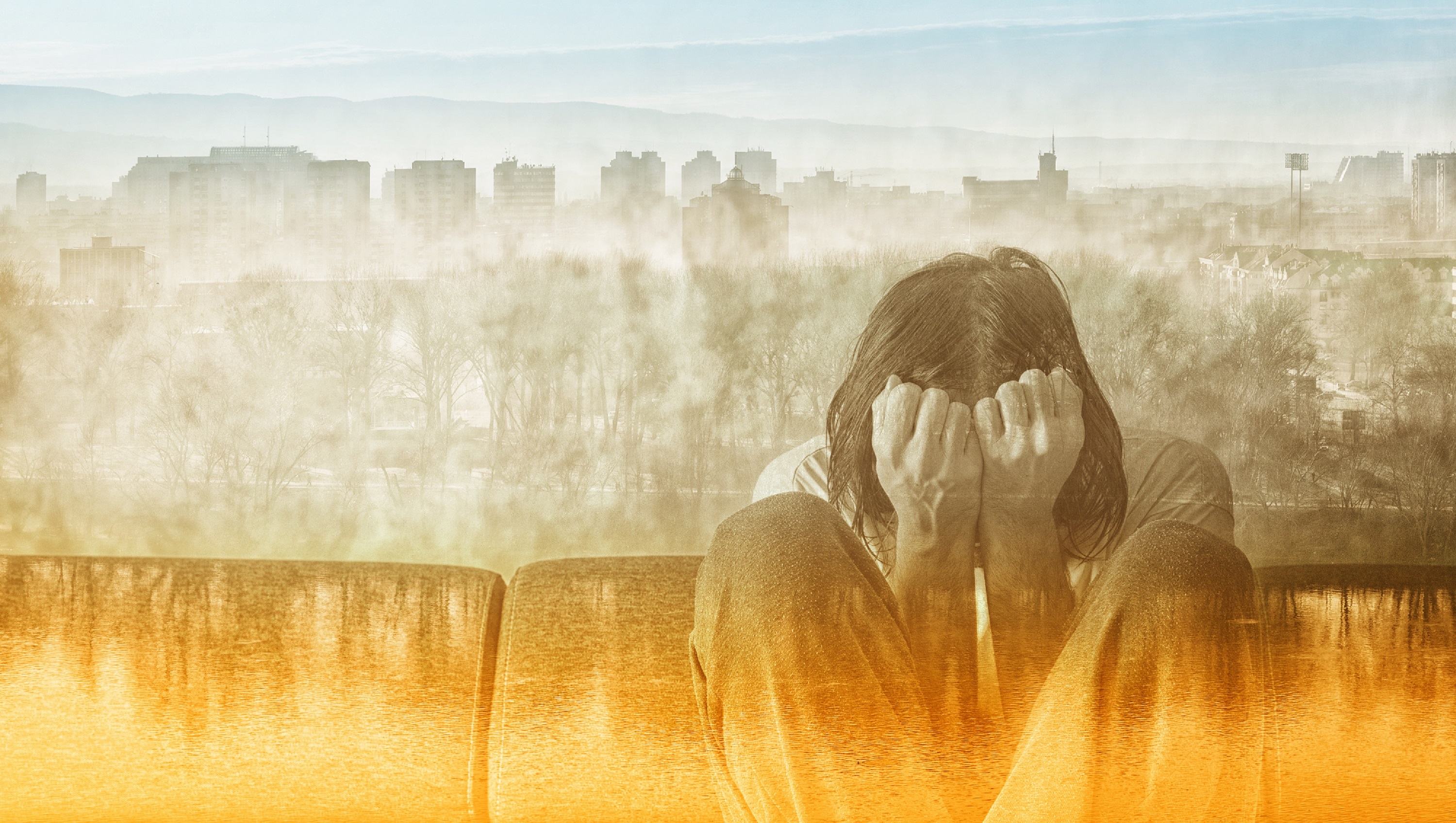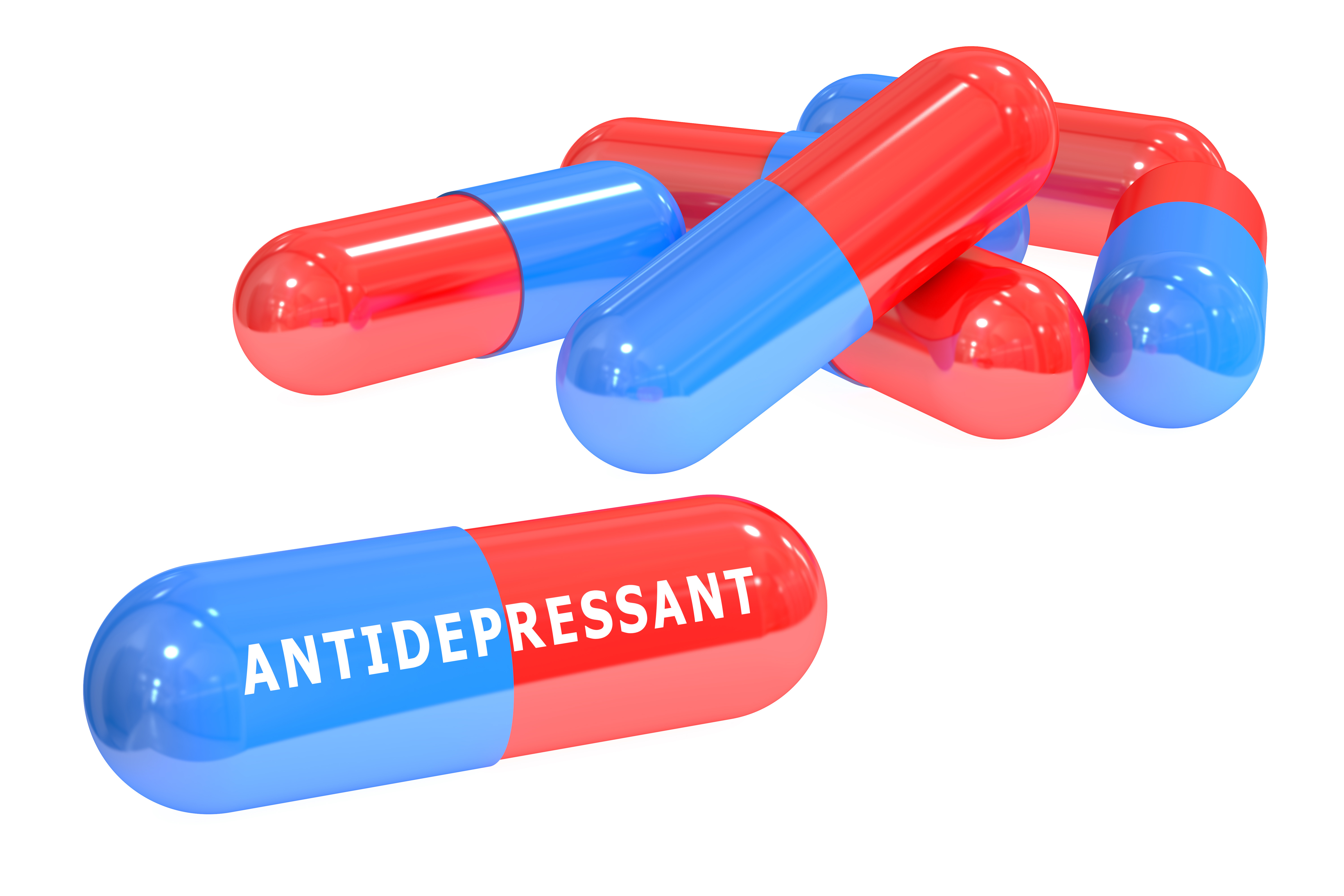Topics tagged with "Depression"

Depressive disorders
What are depressive disorders in PTSD? Depression is characterised by a depressed mood or a loss of interest or pleasure in activities. Symptoms of depression include changes in appetite, weight, sleep, or psychomotor activity. There is often decreased energy, feelings of worthlessness or guilt, difficulty concentrating or making decisions, and thoughts of death or suicide. Depression may also be associated with increased hopelessness, which is the absence of positive future orientation. This topic concentrates on depressive disorders in PTSD. Please also see the topic on depressive symptoms under signs and symptoms of PTSD. What is the evidence for depressive disorders?…

Bipolar disorder
What is bipolar disorder in PTSD? Bipolar disorders are a group of disorders characterised by episodes of mania or hypomania and depression. In between episodes, mild symptoms of mania and/or depression may, or may not, be present. The bipolar disorders include bipolar I, bipolar II, and cyclothymic disorder. Bipolar I disorder is characterised by mania, while bipolar II disorder is characterised by less severe hypomania. Cyclothymic disorder is the mildest of the bipolar disorders. A major depressive episode is at least two weeks of at least five of the following symptoms. Intense sadness or despair; feelings of helplessness, hopelessness or…

Negative thoughts and mood
What are negative thoughts and mood in PTSD? For a diagnosis of PTSD, there needs to be at least two “negative alterations in cognitions and mood”. These include negative thoughts or feelings that began or worsened after the trauma, an inability to recall key features of the trauma, overly negative thoughts and assumptions about oneself or the world, exaggerated blame of self or others for causing the trauma, negative affect (e.g., fear, horror, anger, guilt, or shame), decreased interest in activities, feeling isolated, and difficulty experiencing positive affect. What is the evidence for negative thoughts and mood in PTSD? Moderate…

Depression
What are depression symptoms in PTSD? Depression symptoms are common in people with PTSD. It is characterised by a depressed mood and a loss of interest or pleasure in activities. Symptoms of depression can also include changes in appetite, weight, sleep, or psychomotor activity, decreased energy, feelings of worthlessness or guilt, difficulty concentrating or making decisions, and thoughts of death or suicide. Depression may also be associated with increased hopelessness, which is the absence of positive future orientation. This topic concentrates on the occurrence of depressive symptoms rather than depressive disorders in PTSD. Please see the co-occurring mental disorders topic…

Medications for depressive symptoms
How is depression relevant to people with schizophrenia? Depression is characterised by a depressed mood and/or a loss of interest or pleasure in activities. Symptoms of depression include changes in appetite, weight, sleep, and psychomotor activity, decreased energy, blunted affect, social withdrawal, difficulty concentrating or making decisions, feelings of worthlessness, hopelessness and guilt, and thoughts of suicide. As many symptoms are common to both depression and the negative syndrome of schizophrenia it can be difficult to identify a comorbid depressive illness in people with schizophrenia. Identifying and treating a comorbid depressive illness may increase the likelihood of recovery from psychosis…

Medication for bipolar versus unipolar depression
How are bipolar and unipolar depression different? Bipolar disorders are a group of disorders characterised by episodes of depression and mania or hypomania. Bipolar disorders described in the DSM-5 (Diagnostic and Statistical Manual of Mental Disorders, version 5) include bipolar I disorder involving severe depression and mania, bipolar II disorder involving depression and hypomania (less severe mania), and cyclothymic disorder involving many mood swings, with hypomania and depressive symptoms occurring often and fairly constantly. Major depressive disorder characterised in the DSM-5 involves five (or more) of the following symptoms to be present and represent a change from previous functioning. At…

Depression
What is bipolar depression? Bipolar disorder is characterised by recurrent episodes of depression and mania, hypomania, or mixed symptoms. A major depressive episode is a period of at least two weeks in which a person has at least five of the following symptoms (including one of the first two): intense sadness or despair; feelings of helplessness, hopelessness or worthlessness; loss of interest in activities once enjoyed; feelings of guilt, restlessness or agitation; sleeping too little or too much; slowed speech or movements; changes in appetite; loss of energy; difficulty concentrating, remembering or making decisions; and/or thoughts of death or suicide….

Antidepressants
How are antidepressants relevant to schizophrenia? A supplementary, or adjunctive, treatment is administered in conjunction with a patient’s ongoing antipsychotic therapy. Antidepressants have been proposed as an additional therapy to standard antipsychotic treatments, in an attempt to improve functional outcomes and treat symptoms that are not addressed by the antipsychotic medication alone. Antidepressant medications have been studied as treatments for the symptoms of schizophrenia, particularly negative symptoms, as well as for treating people with co-occurring schizophrenia and depression. What is the evidence for adjunctive antidepressants? Moderate quality evidence finds small effects of greater improvement in overall, negative, positive, and depressive…
Green - Topic summary is available.
Orange - Topic summary is being compiled.
Red - Topic summary has no current systematic review available.